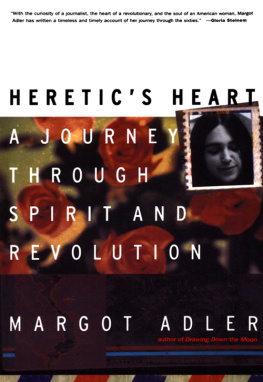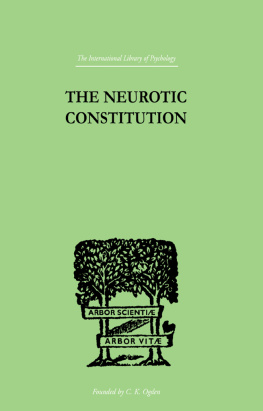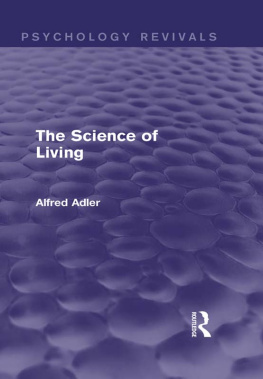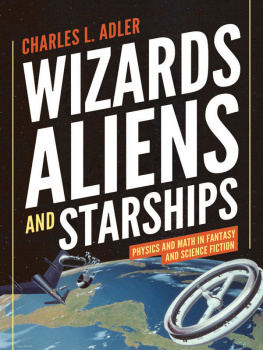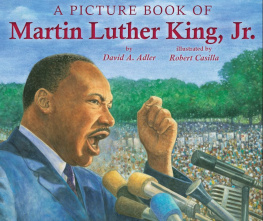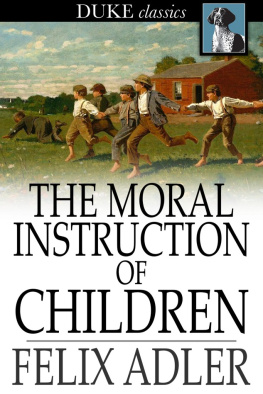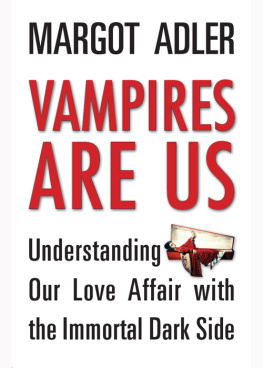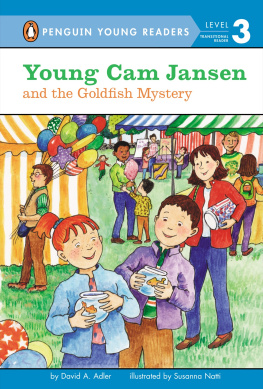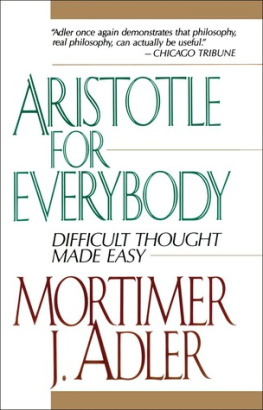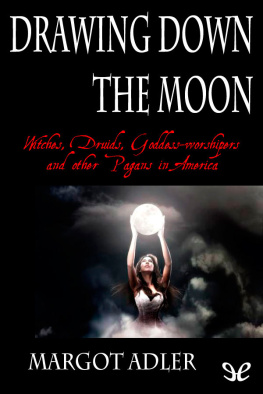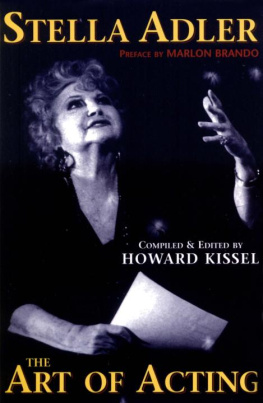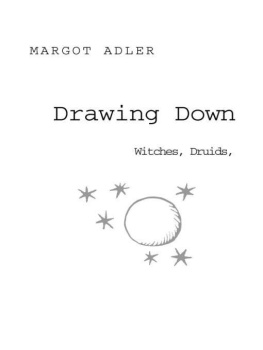
Also by Margot Adler
Drawing Down the Moon: Witches, Druids, Goddess-Worshippers, and Other Pagans in America Today

And if you ask me where I learned
To live so recklessly,
My skin, my bones, my heretic heart
Are my authority.
Catherine Madsen, The Heretic Heart
Introduction
I am watching a commentator on Public Television discuss the case of a former terrorist from the 1960s who has turned herself in. The pundit tells me that the sixties were a time of darkness. Although I have heard statements like his before, I still find myself startled by his words, since I, and many of the thousands who participated in the events of that era, continue to describe them as luminous.
Why can no one write successfully about this period? so many of us continue to wail. Why do we let the history we have experienced be so easily rewritten? Over the years various autobiographical accounts have appeared, usually by men of a certain fame. They are usually sad and occasionally embarrassing; heavy on sex and drugs, with politics kept to a minimum; told with the supposed voice of experience and an odd absence of doubt, as if their authors once were lost but now truly know where they are going. But if these writers were painters you would say that their present canvases are much smaller now. And if they were starship captains you would say they had given up the search for new worlds.
I look back on the 1960s differently. Although I was part of many of the defining political events of the periodas a civil rights worker in Mississippi, as a student activist in the Berkeley Free Speech Movement, and as an American sugarcane cutter who went to Cuba with the Venceremos Brigadeby position and gender I was never considered a part of the dominant story. Accounts of the sixties by women are rare and our vision is somewhat different.
Further, for many of us politics and ideas meant more than sex, drugs, or rock and roll. Like most people that age at the timealthough so few admit it even nowI was pretty inept at sex and only did it comfortably when I was alone. As for drugs, I smoked grass with the rest, but I was too scared to take LSD in my teens, or even in my twenties, and when I finally tried it in my thirties, the 1960s were long gone and the 1970s were giving their last gasp. As for rock and roll, when I was offered a ticket to Woodstock I turned it down. Just a commercial rock concert, I thought, perhaps a bit too smugly. I rejected much of the sixties counterculture as decadent, but I also believed that the drugs, the sex, and the rock and roll were but the outer trappings of a rich world of ideas. I still believe this.
One of those ideas was simple. As stated every week on Star Trek, it was that the world is infinitely varied and that variety is to be cherished; that there are an infinite number of ways to live, to love, to create structures of society and government and community; that change is the only constant and if there is a prime directive, it is to respect difference, to let others choose their own path in freedom, and to assume that there are always more possibilities than one can conceive.
This book is partly about the 1960s as a quest for that ideal, the 1960s I experienced. We believed that anything was possible and that everything was open to reexamination. That ecstatic sense of possibility, a feeling that is so hard to come by today, was borne out by reality; sweeping changes were happening every day, brought about by concerted human action.
But the 1960s were also about a struggle between different notions of authority: between individual and group authority, between received wisdom and intuition, between the knowledge that comes from ones own skin and bones and heart, and knowledge that comes from the ecstasy of community effort. It was also about a struggle between politics and spirit that continues to this day.
I spent most of the 1960s desperately trying to be a cadrea revolutionary communist or socialist footsoldier, totally dedicated to the battle to change the world. I failed as a cadre, and thats part of the story. My own life today, as a journalist somewhat uncomfortably in the mainstream, and as a priestess of the old religion of nature, is an attempt to bridge two different worlds that are often at odds.
So this book is also the story of a journey, even an initiatory one. Starting with a childhood of enormous freedom, lonely daydreams, and the mysterious spiritual gifts of wild nature, it moves through an adolescence of turbulent politics and revolution, and circles back to spirit, nature, and mystery at the end.
My account of this journey starts in the 1950s, partly because the decade of the 1960s was the rebellious child of the 1950s and partly because these conflicting notions of freedom, autonomy, and community, of spirit and politics, were formed for me in that period.
The tired joke about the 1960s is If you remember it you werent there. But a friend of mine observes with amusement that I didnt need a good memory, I had rent control.
I have lived in the same sprawling old apartment on Manhattans Upper West Side for forty years. In our culture hardly anyone keeps their possessions in the same place for that amount of time. I have several cartons of documents and letters from my parents lives, much of it dating from World War II; I have every letter I ever wrote my mother, starting in the 1950s, and every letter she wrote me. And then there are two hundred pages of letters between mea Berkeley radical in 1967and an American soldier in Vietnam. The original impetus for this memoir came from people who had heard some of these war letters read aloud.
Living in the same place year after year, I never went through the inevitable paring down that almost everyone in my generation of mobile professionals has done and continues to do with each move. My own journals and letters from friends sat in cartons for decades; I just never got organized enough to throw them away. And while I am in terror at the hubris of anyone under sixty committing even a portion of their life to the relative eternity of the written word, I also realize how rare it is, in an age when the phone call has replaced the letter, to have so many documents from an era that has suffered from such poisonous revisionism. Much of my journey was already on paper before I sat down to write about it.
Of course, saying that doesnt mean that my memory is not still flawed, fickle, selective, and often faulty. Sorting through diaries and letters was a humbling experience. Although I had clear recollections and often a letter or a photograph would bring back a flood of pictures and memories, a few of my most vivid recollections turned out to be questionable. Reading these letters and journals has been exhilarating and disturbing; it has brought home to me how distorted certain stories may be, how apocryphal others. For example, in order to evoke some remembrances of childhood, I returned to my grammar school to find my favorite novels. Some were lost, some were exactly as I remember them, and others were two different stories tacked together in my mind. Another example: letters from a boyfriend I had remembered as a mere sexual predator revealed a nineteen-year-old who was an exquisite writer, with an astonishingly honest and poetic nature.
But the letters and journals do confirm what I best remember. For all the limitations of my generationour unconscious actions, our unexamined ideas, our often silly phraseswe were alive to the deepest spiritual values. We believed that exploration was lifelong, that ones life work had to be honorable, creative, and transformative. We seldom thought about consumption, or the eventual need to live the good life, issues which obsess the current generation of adolescents. We believed that nothing was fixed, either in human nature or in society, and so we experimented endlessly.
Next page
